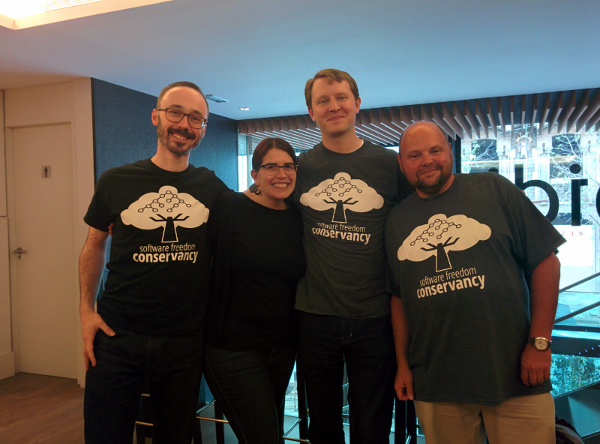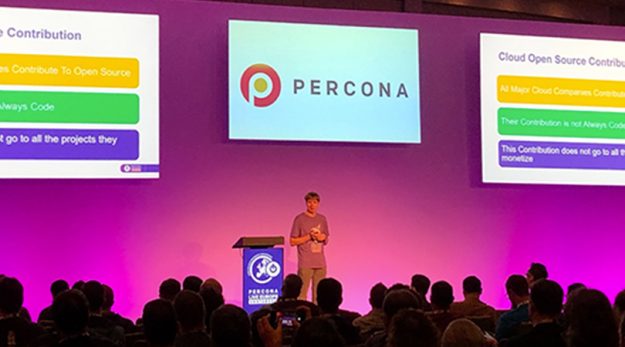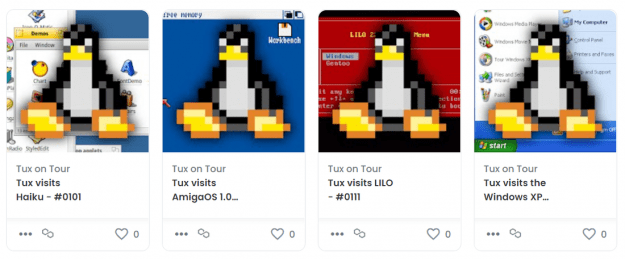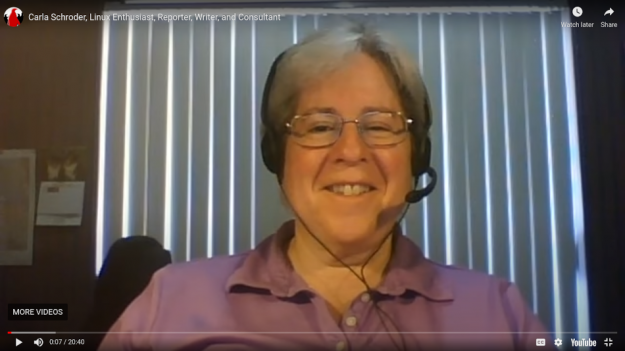Even though the Software Freedom Conservancy as crossed one major fundraising hurdle, additional funding is still needed -- so give what you can.
Posts published in “Community”
Solus OS's's co-lead developer leaves to help the project's founder develop another distro, SerpentOS, but will continue to be lead developer for the Budgie desktop environment, which will become an independent project. Confused? Don't be. We'll explain it all.
Nothing is known yet about who will be speaking, but Percona said the open source event will return live this year on May 16-18 in Austin, Texas.
AmyJune-Hineline, Opensource.com's new senior community manager, has a long history of involvement with open source communities, both as an advocate/manager and as a developer.
Although CES is slated to open to the public on Wednesday for the first time since 2020, there has been a rush of cancellations by…
Want to play around with the NFT thing while helping Linux and open source projects? The Linux Tycoon will show you how.
Brent Laster, who's in charge of R&D at SAS, will be on hand to talk about container technology on Thursday, both for an in-person audience in Columbia, South Carolina, and for people watching globally on Zoom.
From our perspective, the pay is more than good and the job is in support of a worthwhile effort -- so what are we doing hanging out around here?










